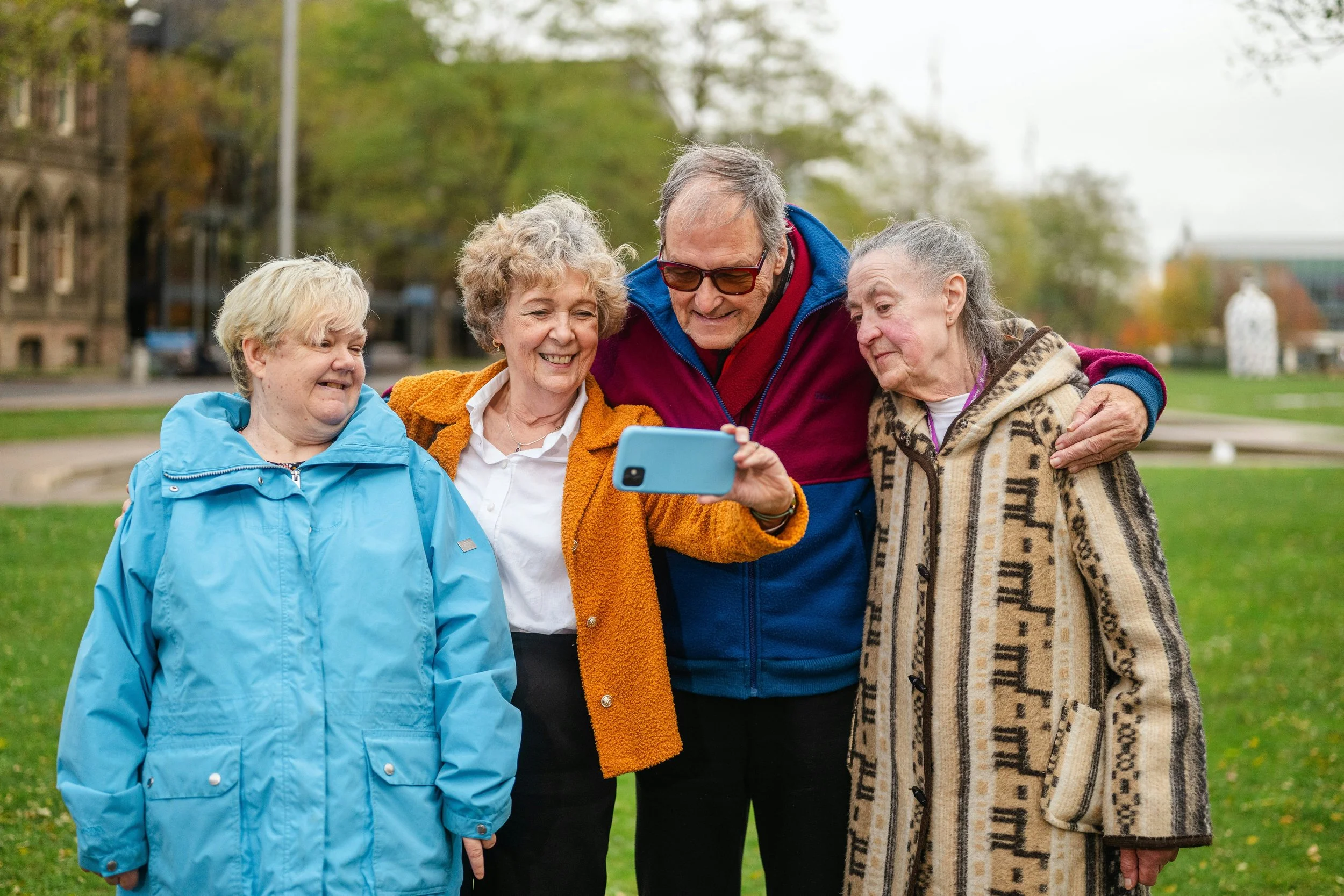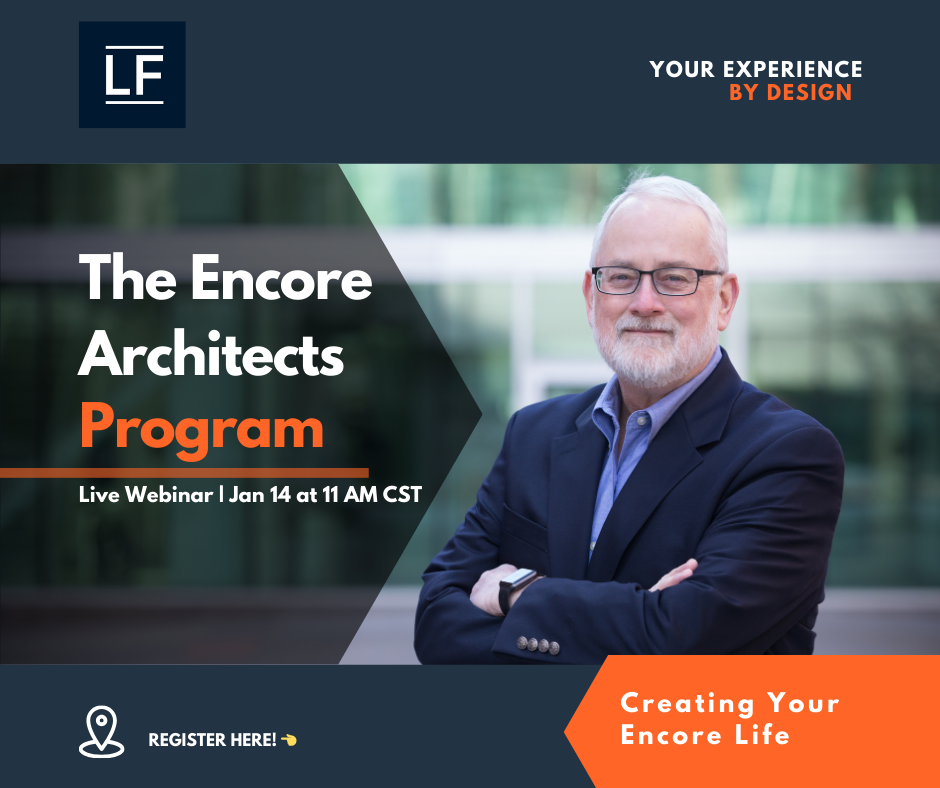If your first career was built on performance, your second will be built on people.
Reinvention isn’t a solo act, it’s a team sport. No matter how seasoned or self-directed you are, the truth remains: isolation kills momentum, but community sustains it. The right network doesn’t just open doors, it keeps you moving when self-doubt or confusion would otherwise slow you down.
From Transactions to True Connection
Traditional networking, the kind with business cards, elevator pitches, and strategic schmoozing, feels outdated for a reason. It was designed for a world obsessed with titles and deals. But the second act calls for something deeper: genuine connection.
You’re not building a contact list anymore; you’re building a community. The difference is energy. Transactional networking drains it. Real connection replenishes it.
Instead of asking, “What can I get from this person?” start with, “How can I contribute?” Give first, share insights, make introductions, offer encouragement. You’ll find that generosity creates gravity. People are drawn to those who add value without keeping score.
Practice Connection Like a Habit
Relationships aren’t self-sustaining; they require attention. Schedule connection as intentionally as you schedule work. Reach out weekly to one person from your past, one from your present, and one from your future—the community you want to grow into.
Set recurring reminders to check in, send notes of appreciation, or share useful articles. Small, consistent gestures compound into meaningful trust over time.
At least twice a year, audit your network. Look at where your energy and conversations go. Are you surrounded by people who challenge, inspire, and stretch you, or those who drain or distract? Rebalance intentionally. Your environment shapes your evolution.
Ask yourself:
Who brings out my best thinking?
Who supports my next chapter, not just my last one?
Where do I need new voices or perspectives?
Let go of relationships built solely on the past, and invest in those aligned with the future you’re creating.
The Three Directions of Mentorship
Mentorship in the encore phase isn’t a one-way street, it’s a 3-way flow: up, across, and down.
Upward mentorship keeps you learning. Find someone younger or more digitally fluent to teach you new tools or trends. Their curiosity refreshes yours.
Across mentorship comes from peers in transition, those walking the same path. Shared vulnerability creates mutual accountability and insight.
Downward mentorship lets you give back. Share your wisdom with those earlier in their journey. Teaching solidifies your own growth and multiplies your impact.
When mentorship flows in all directions, you stay both humble and vital, always learning, always contributing.
Blending Online Reach with In-Person Depth
Digital connections extend your reach; in-person experiences deepen it. You need both.
Use platforms like LinkedIn, Mighty Networks, or specialized online groups to find collaborators and thought partners across geography. But don’t stop there. Bring those connections offline through coffee chats, local meetups, or retreats. Real rapport still lives in eye contact, not emojis.
For example, many encore professionals find their momentum skyrockets after joining mastermind groups, alumni circles, or peer coaching cohorts. The mix of accountability, shared learning, and encouragement turns intention into action.
The Power of Accountability
Transformation rarely happens in isolation, it happens under watchful eyes that expect progress. A well-built peer group provides both structure and support.
In a strong network, you don’t just exchange ideas; you exchange commitment. When others are tracking their goals, publishing content, or launching new ventures, it sparks something in you. Accountability doesn’t feel like pressure, it feels like propulsion.
Find or form a small circle, 3-5 peers who meet monthly to share updates, set intentions, and offer feedback. Keep the format simple but consistent. Over time, you’ll notice how momentum compounds when someone else is waiting to hear what you’ve done next.
Reframing Community as Your Growth Engine
Many midlife professionals resist the idea of “networking” because it feels self-serving or artificial. But when you redefine it as community building, everything shifts.
Community isn’t about collecting contacts, it’s about creating belonging. It’s the group of people who understand your goals, speak your language, and remind you who you are when you forget.
When you invest in that circle, reinvention stops feeling like a lonely climb and starts feeling like shared exploration. Your peers become mirrors, mentors, and cheerleaders. They help you see possibilities you’d overlook on your own.
Your Network Is Your Future
Here’s the quiet truth about reinvention: your next opportunity probably won’t come from a cold email or a job board. It will come from someone who knows you, trusts you, and believes in your next chapter.
So build that circle with care. Give first. Stay curious. Ask better questions. Create space for others to rise, and they’ll do the same for you.
Because in this season of life, success isn’t about going further alone. It’s about going together, on purpose, with people who remind you what you’re capable of becoming.




















